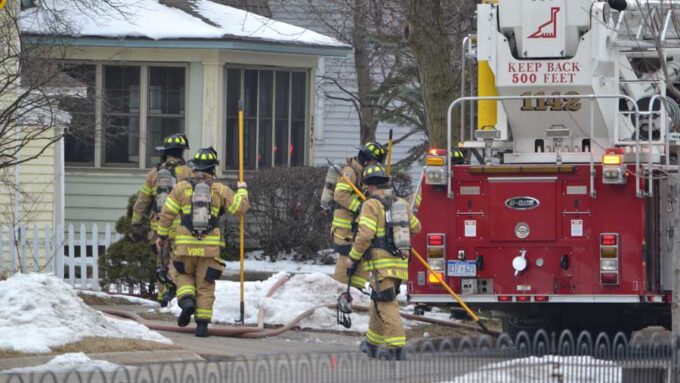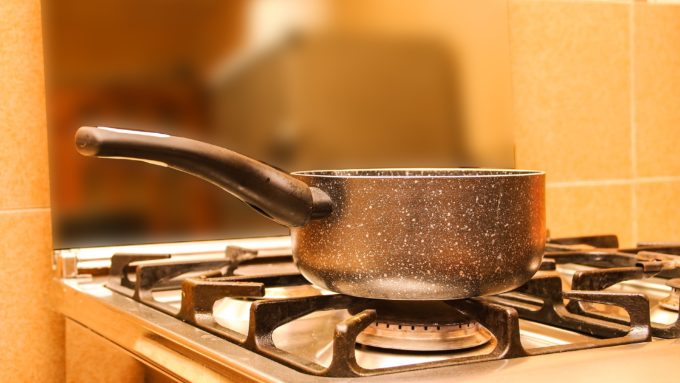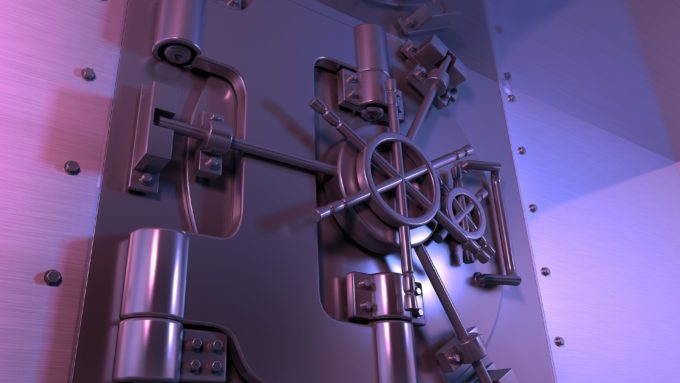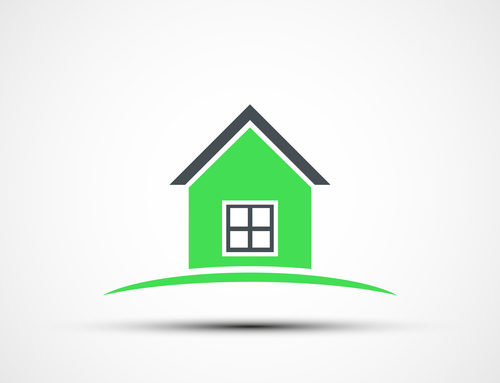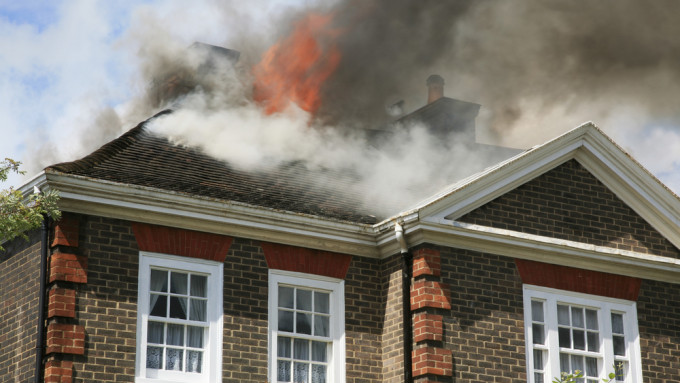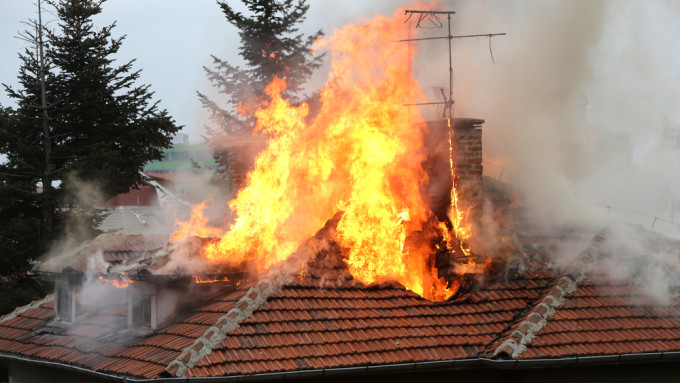One of the most devastating things that can happen to you as a homeowner is fire damage. Even minor damage can be overwhelming and costly.
When disaster strikes, here’s what you can do to get your life back in order after a fire.
After the Dust Settles
According to the National Fire Protection Association (NFPA), the most common causes of home fires are caused by cooking, heating and electrical mishaps.
Once the firefighters are gone, you are left with the after-effects of the fire and smoke damage. What the fire hasn’t destroyed, the smoke or water has.
Not only have you possibly lost irreplaceable items of sentimental value, but more than likely incurred damage to the inside and structure of your home.
After contacting your insurance company and taking inventory of the damage, the restoration process can begin.
Fire Restoration Process
It’s at this point when a fire restoration company comes in to conduct a thorough inspection of the damage and give you a cost estimate for restoration work.
During the preliminary assessment, the restoration company will be better prepared to return with the proper equipment and game plan for returning your home to its safe, pre-fire condition.
Water Removal
After windows are boarded up for security purposes and other health and safety precautions are put into place, work is ready to begin.
The first course of action is to remove any water remaining in the home.
Once the water is removed, powerful drying equipment is used to completely dry out affected areas of the home. Some tools of the trade include industrial vacuums, fans and dehumidifiers to thoroughly complete the drying process.
Smoke Damage Removal
Special equipment is used to remove the smoke damage, dirt and soot left behind.
All surfaces are treated for smoke damage including ceilings, walls and everything covered with soot, stains and overall smoke damage.
Cleaning, Sanitizing
After smoke and soot have been removed from the majority of salvageable areas and items, the deep cleaning and sanitizing process begins.
Depending on the location and extent of damage, several different options are used for cleaning and sanitizing.
That smoky smell is eliminated by using industrial strength cleaning solutions and equipment.
Restoration
This final step is the light at the end of the tunnel.
It involves repairing or replacing any damaged structural components in your home and finishing it all off with new drywall, paint, or flooring.
Conclusion
There’s no question that a home fire is a devastating blow.
By reaching out to the seasoned restoration professionals at RCS, you have our guarantee to make the fire damage restoration process as smooth as possible so you can get your life back on track.
In Sonoma Valley, call the fire restoration professionals at RCS.

